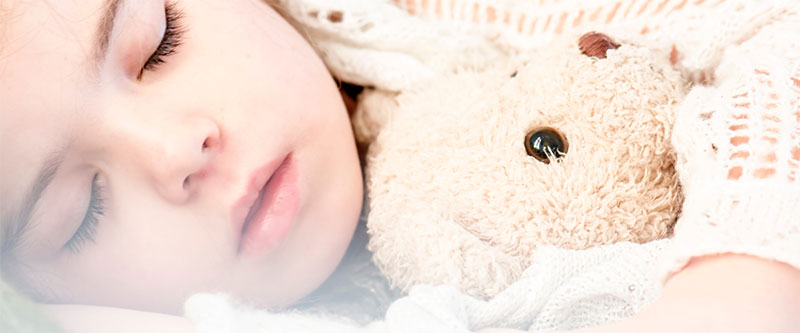7 tips to keep your child healthy at preschool
Unlike your home where you can control the environment for your little one, you cannot do so in a school or a daycare. The environment will be standard for all children. This is a reason why many children fall sick again and again after starting preschool, especially if they have a weak immune system. That is why at The children’s house we are very particular about hygiene. Here are some suggestions on how to keep your child healthy at preschool.
Washing hands
According to almost all doctors across the world, unhygienic hands are one of the main ways of spreading bacteria. Therefore, teach your children to wash hands every time they sit down to eat or use a restroom, or after wiping their nose. And this applies to adults as well. The school and daycare staff should be doing the same each time they feed a child, or change a diaper or use the restroom. You can stay back a bit at the school or daycare and see if this is being followed. If not, please raise your concern to the head of the preschool. As a parent, you have every right to do so.
Ensure that your child is active
Exercise is good for everybody. This holds true for children, too. There have been various studies on this subject that have shown that an active child has approximately 25% less chance of being down with cold or flu because of higher circulation of infection-fighting cells. To ensure that your child is active, take her to parks and play outdoor games with her. They are also great ways of bonding with your child.

A nutritious diet
A healthy diet from an early age will go a long way in building the health of your child. Unfortunately, thanks to smart advertising, children are enticed into thinking junk food is the most delicious thing in the world . But did you know, even coke has a ‘not recommended for children’ written in small letters on its labels? Try to prepare alternatives at home that look and feel like ‘fun’ food. There’s plenty of ideas available online that will help you whip up something interesting for your children. Let them get excited about what’s cooking at home.
Ensure plenty of sleep
A child’s brain matures as they sleep. This is a proven way of developing the pituitary gland functions. Ensure your child gets enough sleep every night. Sleep deprivations increase the chance of catching a cold manifold.

Good manners
While you don’t want your child to get contaminated, you should also ensure that your child is not doing the spreading of bacteria to others. Teach them to cover their mouth every time they cough or sneeze. And not with the palm of their hand but with the crook of their arm. Most importantly you should do the same yourself. Children learn a lot through watching mum and dad.
Follow up on vaccinations
Ensure your child has all the necessary vaccinations as suggested by your doctor. Vaccinations are important in ensuring your child doesn’t fall ill unnecessarily. Speak to your doctor to find out what’s best for your child.
Following passion
Sometimes we unintentionally limit our kids in a box of our own expectations. Give your children the freedom to follow their passion. It is observed that children who follow their interests are better at performing it than those who are compelled to do it. Pursuing their interests, keeps them actively engaged and nurtures creative thinking.
“There’s something about living life with passion and intensity, including the full depth of human experience that creates an environment conducive to creativity. In my own research, I found that affective engagement — the extent to which people are open to the full breadth and depth of their emotions— was a better predictor of artistic creativity than IQ or intellectual engagement,” says Scott Barry Kaufman in the Harvard Business Review.
Whether your child is passionate about arts, mathematics or science; encourage them to explore their natural inclinations and provide them with an environment that enhances their strength.
Know sick policies
As a parent, it is extremely important for you to know the sick policies of the preschool or daycare. You don’t want your child to play with a child who has a pink eye or is down with the flu, and in turn, get infected. Therefore know what are the sick policies of the preschool so you can follow the policy when your child is down with an illness.
Following these simple steps can go a long way in having a healthy child.
